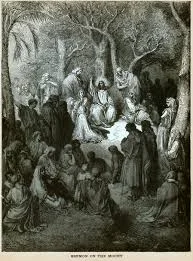Replicate Response: Fast Purposefully
/Fasting is one way of us showing God that we value His presence more than anything else in our lives. Personally, fasting is a spiritual discipline that I have always struggled with the most, but I’m honestly not surprised by that, because fasting is the action of giving up something, usually food, and clinging to God when we crave it. Fasting is not natural to us because we love our food and possessions! It goes against the flow of what our culture shows us. Fasting pushes against the cravings of our flesh and the world, and it compels us to press into and lean into God more than anything.
Read More








